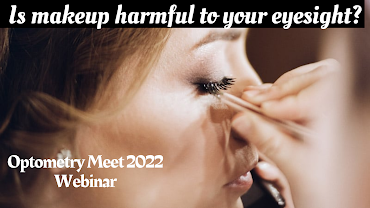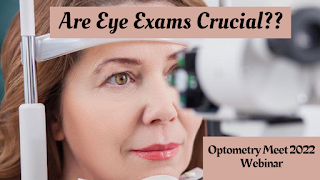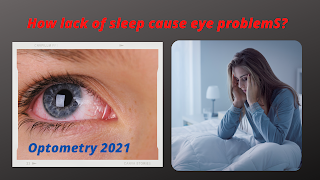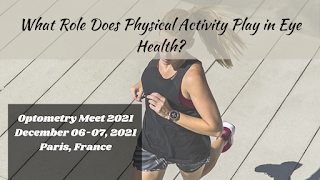Is makeup harmful to your eyesight?

It defeats the purpose of wearing cosmetics in the first place if you get an eye infection. After all, a puffy, red eye isn't exactly appealing. You can avoid this by adhering to a few simple guidelines and using common sense in your makeup application. Bacteria and fungus can proliferate if cosmetics are used for longer than suggested. Cosmetics should be discarded and changed as directed by the manufacturer, which is usually every three months for mascara. Clean your brushes and other applicators on a regular basis to avoid germs. If you've had an eye infection, remove all eye makeup and refill it to avoid reinfection. Sharing cosmetics, including the use of store-bought trial goods, is another way to spread infection. Conjunctivitis, an inflammation of the membrane that protects the inner surface of the eyelid and the outer surface of the eye, is one of the most common illnesses spread by makeup. Disposable applicators may lessen the danger of transmission; but, if the c...





